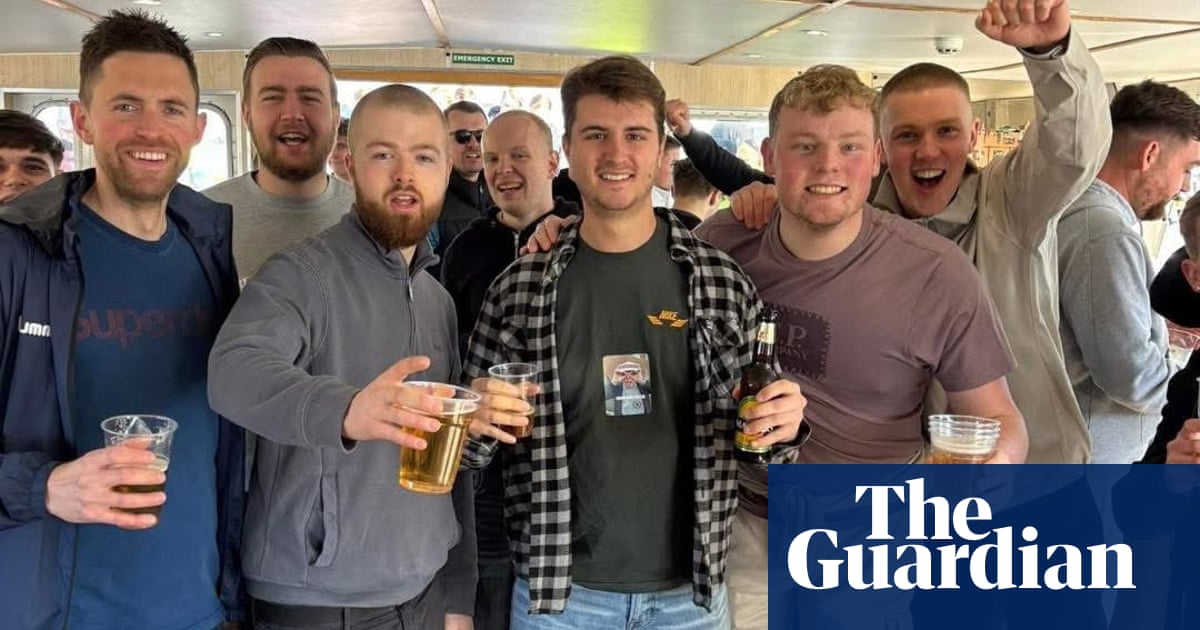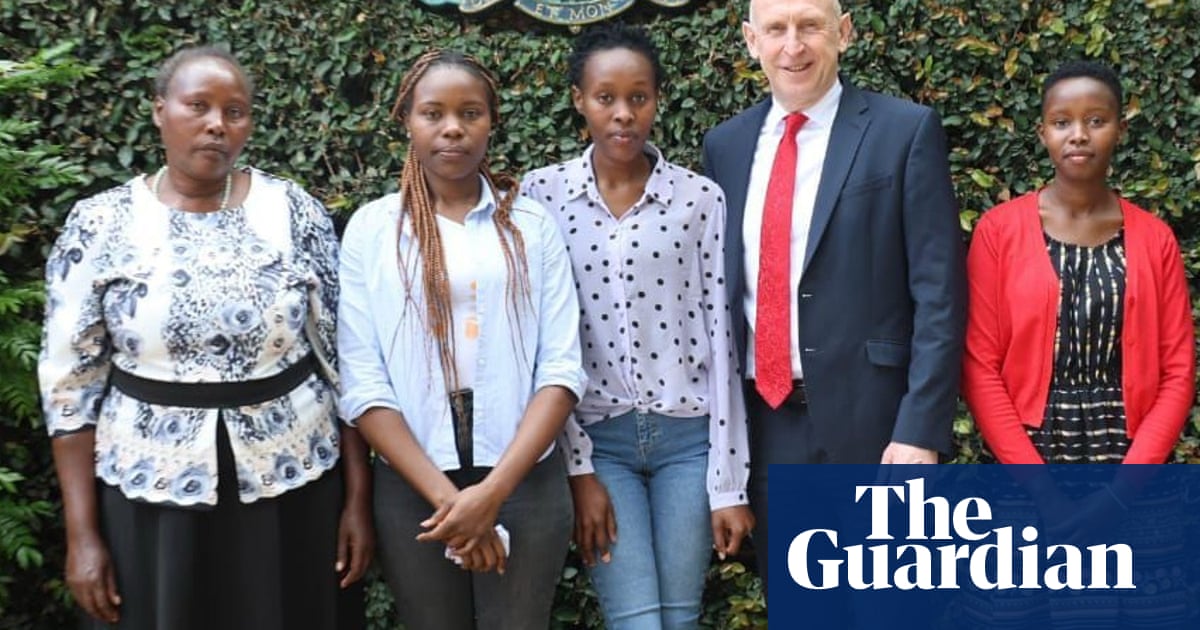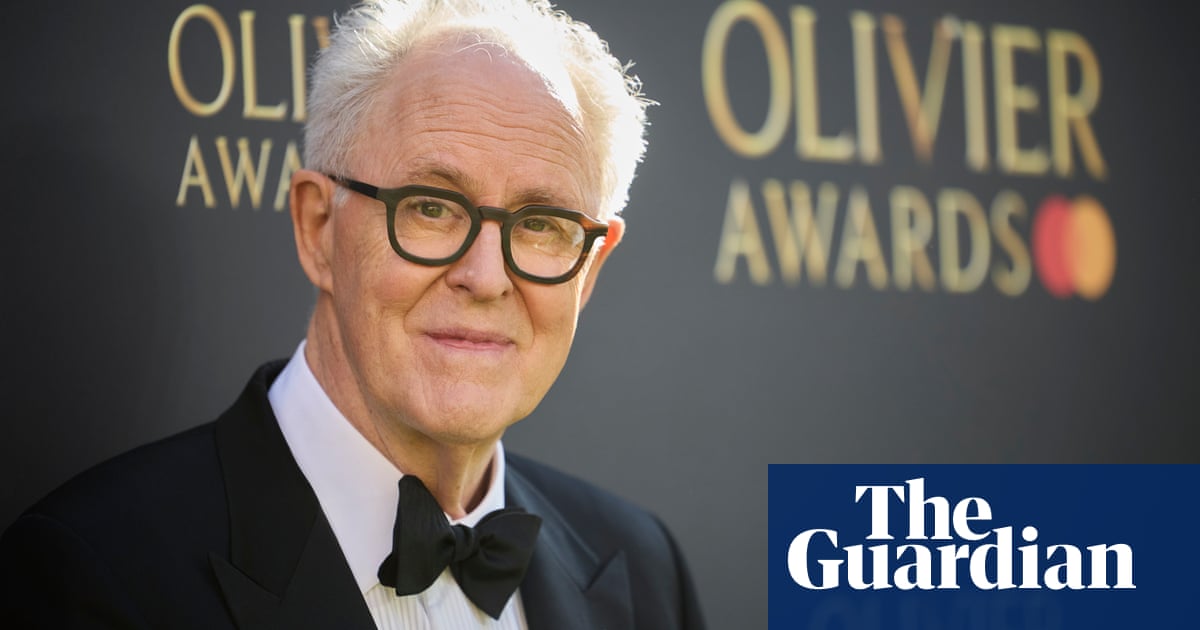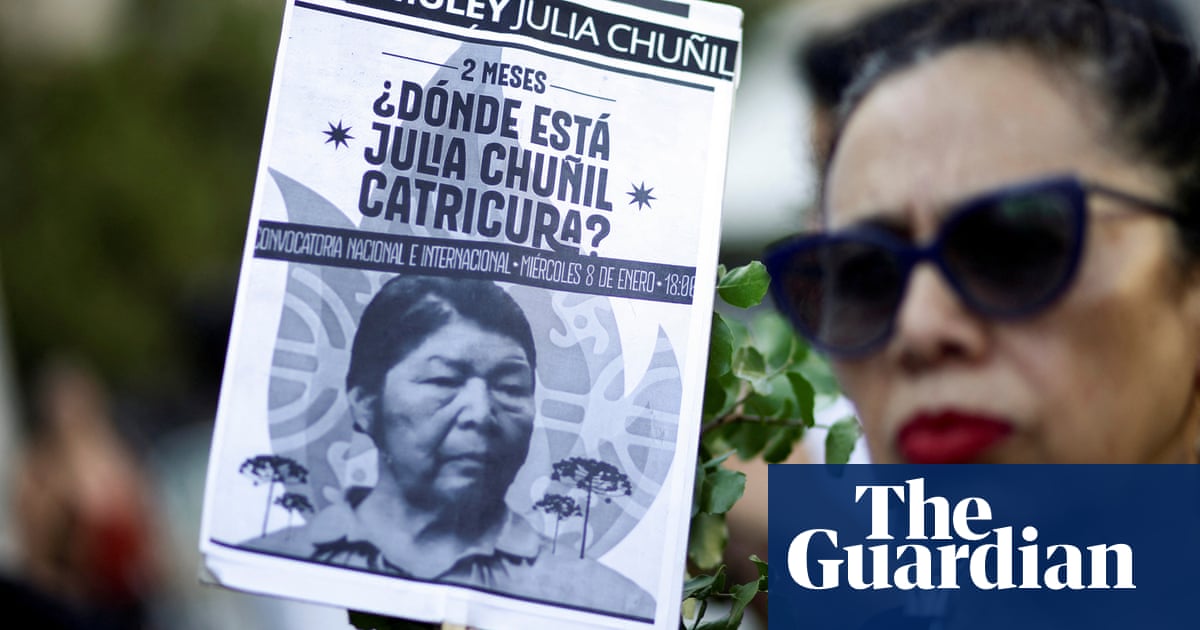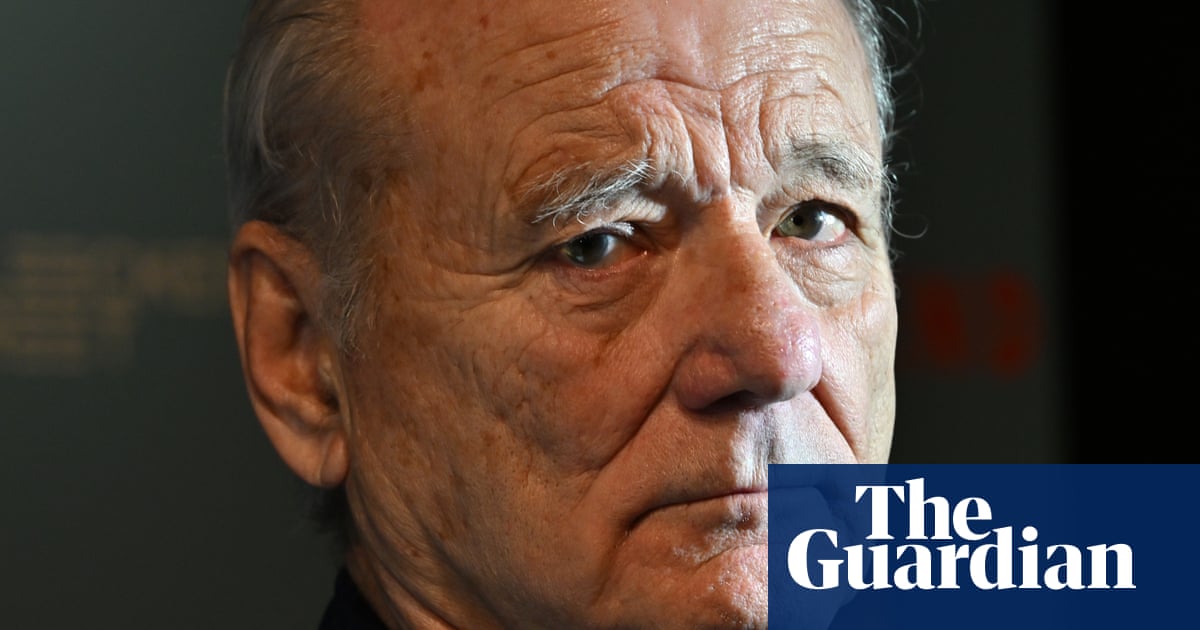For Carl Jackson, the path was one well trodden. Caddie shed to 1st tee; he had done it hundreds of times over 14 years as a bag man at the Masters. Jackson’s connection to Augusta National stretched even beyond his major debut of 1961. He was a caddie at the venue from the age of 14, breaching employment law even as existed in 1950s Georgia but savvy enough to make a mark. Jackson was quickly accepted.
This time, Jackson had no cause to give advice over a choice of club. He had no competitor anxiety to calm. Thursday 10 April 1975. Fore please, now driving: Lee Elder. Jackson made sure he formed part of the gallery. A Masters colour split – caddies black, players white – was about to end.
“I was nervous for Lee Elder,” Jackson recalls. “It was an earth shattering day for golf. Augusta had a lot of members and not all of them approved of this. The caddies knew those who had expressed in some way that they were not into agreeing with this. I was out there, gathered around the tee like a lot of other people, because I wanted to see the expression on some of the members’ faces.
“That was a breakthrough for Augusta, for the Masters, for the golf world. He made it there on his own. We put a lot of weight in him and in his talent.” And the reaction? “In my mind and what I read was far more positive than negative,” Jackson says. “Lee had a very pleasant personality. He always seemed to have a smile on his face. Those who caddied for him would only say good things. I never heard anything negative about Lee.”
Elder was an extraordinary person in many ways. He had lost both his parents by the age of 10. Competitive golf instinct kicked in during road trips with Titanic Thompson, an infamous Texan hustler. Elder was to become a pioneer, hugged by Tiger Woods at the point of Masters victory in 1997.
There is plenty to ponder in Augusta over the coming week. Will Rory McIlroy reach his Holy Grail? Can Scottie Scheffler maintain freakish tournament form? Golf’s civil war – the establishment versus LIV – rumbles on in the background. The extent of damage caused by Hurricane Helene to an iconic venue will inevitably draw comment. Angel Cabrera is back, for the first time since a period in prison for domestic violence. It would be wholly unfortunate, though, if golf does not properly pause to reflect upon Elder. Fifty years, a marquee anniversary; never before had a black golfer teed up in the Masters. It feels storied that the Masters will again get underway on 10 April.
Elder missed the cut in 1975 – he did considerably better upon return – but that barely mattered. Augusta could have denied him an invitation, just as they did Pete Brown and Charlie Sifford after the winning of PGA Tour events. Yet this venue – openly prejudiced in so much of what it did before and after Elder’s appearance – decided to break its own mould. Five decades on for what benefit? “I have to answer this carefully but I think it [golf] could do more to bring in blacks and encourage blacks,” Jackson says. “And not just blacks. We are all Americans. Somehow we are separated by people who want to see us divided as a country.”

Jackson believes he was the first black man to play Augusta National as the guest of a member, that only transpiring in the 1980s. “It was better than a lot of places in the United States,” Jackson says of Augusta in the 1970s. “We didn’t have to go through as much as many other cities where there was marching and fighting. We didn’t have that so much in Augusta. The city needed improvement – it needs improvement today – but it was OK for the time.”
Elder was made an honorary starter for the Masters of 2021. It would be unfair to dismiss this as tokenism but it was undoubtedly belated. He died seven months later. He had reflected on a “great privilege” and it undoubtedly was. It was an honour that should have been bestowed much earlier. Augusta National created scholarships in 2020 at Paine College, a renowned black institute for higher learning, in Elder’s name. Elder received accommodation via Paine in 1975.
after newsletter promotion
Jackson’s anxiety was not a patch on the man he was there to watch. “I was fortunate enough to play with a gentleman that I had known for quite some time, Gene Littler,” Elder later explained. “We had sat in the shop for just a few minutes to talk. We were walking out to the tee, and he said to me, ‘Lee, I know this is going to be a hard day for you but I just want you to know that if I get in your way, just shout at me.’” Tensions eased.
The 1975 Masters is regarded as one of the finest majors of all time. Jack Nicklaus nudged aside Tom Weiskopf and Johnny Miller to claim the Green Jacket. Billy Casper, Tom Watson and Lee Trevino all featured on an all-American closing leaderboard. While the Masters is unquestionably now a more international event, Jackson is correct to question whether golf has sufficiently broadened its horizons. Elder, one of 10 children, had started out as a caddie. That route into the sport is far less common now.
Jackson’s own remarkable tale is chronicled in a new documentary, Rise Above. He will be back at Augusta National early this week. He accesses the grounds courtesy of tickets from “Mr Crenshaw.”
They have an anniversary of their own this time; 30 years have passed since Crenshaw’s second Augusta triumph. That the Masters did not extend a complimentary ticket to Jackson made news in 2023. For the 2025 staging, nothing has changed. “They don’t want me to have credentials,” Jackson says. “For someone that worked there for 54 Masters and they don’t want you to have credentials … it is mind-boggling.” It is indeed. In this of all years.

.png) 7 hours ago
4
7 hours ago
4




